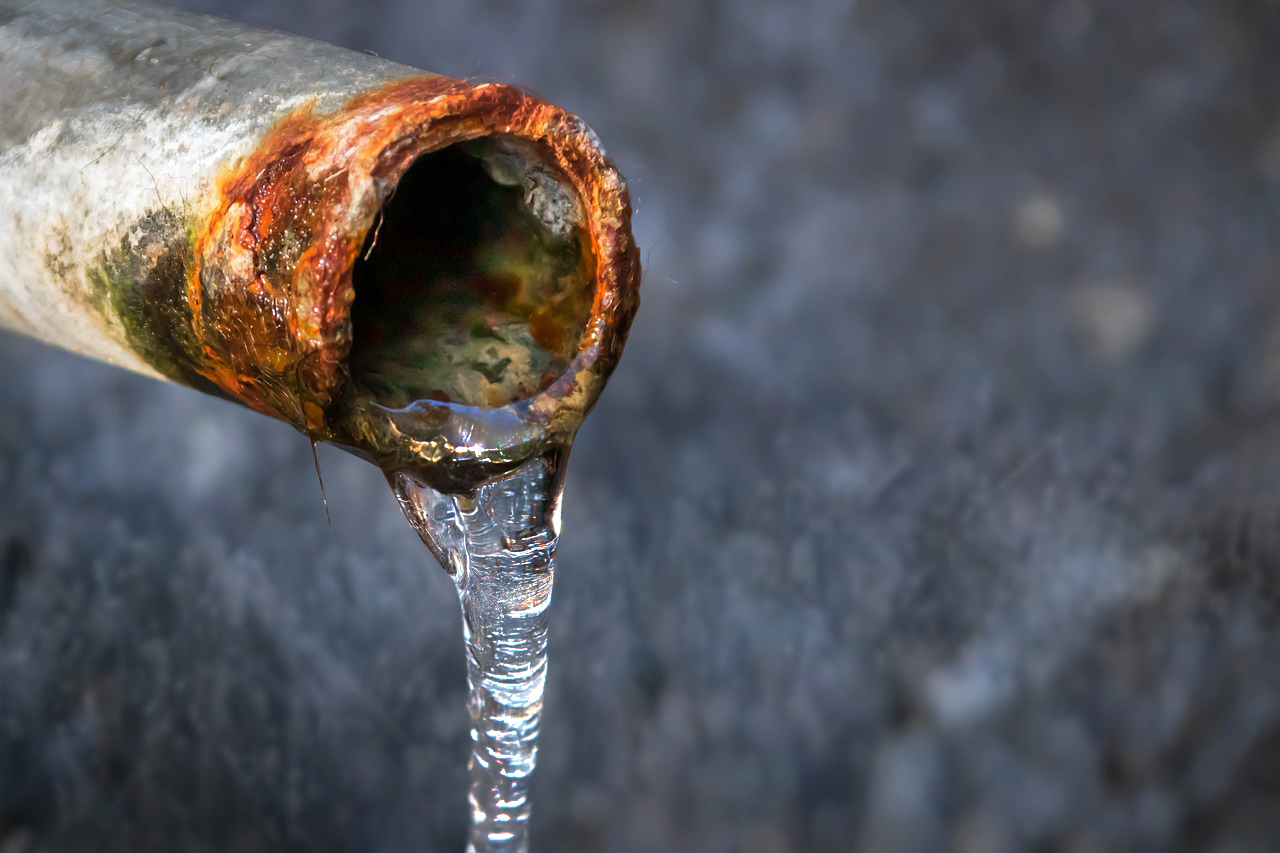As temperatures drop, your home’s plumbing system becomes vulnerable to freezing, which can lead to costly damage and inconvenient repairs. Winterizing your plumbing is an essential step to protect your pipes from bursting, prevent water damage, and ensure your home remains warm and functional throughout the colder months.

Whether you’re a homeowner preparing for a harsh winter or simply looking for ways to improve your home’s efficiency, taking the time to safeguard your plumbing can save you money and headaches in the long run.
Key Steps
Find the main water shut-off valve – locate the main water valve in your home and learn how to operate it.
Drain outdoor hoses – disconnect all hoses from outdoor faucets and drain any remaining water from them.
Turn off outdoor faucets – shut off the water supply to outdoor faucets.
Insulate exposed pipes – use foam pipe insulation sleeves to wrap exposed pipes, especially those in unheated areas like basements or crawl spaces.
Let faucets drip slightly – to prevent water from settling in pipes, allow a small drip from faucets that are prone to freezing.
Other Important Considerations
Check for leaks – before winter, inspect your plumbing system for any leaks and address them promptly.
Maintain consistent indoor temperature – keep your home at a temperature above freezing to protect pipes.
Call a professional if needed – if you have complex plumbing or are unsure about any aspect of winterizing your system, consult a licensed plumber.
Extra steps for vacant homes – if your home will be vacant for an extended period during the winter, drain the water heater completely. Flush all toilets and drain any remaining water.
Antifreeze For Pipes
What is the difference between antifreeze for cars and antifreeze for pipes?
Car antifreeze is used in a vehicle’s engine cooling system to prevent freezing and overheating, while pipe antifreeze is used in plumbing systems to protect pipes from freezing damage during cold weather.
The antifreeze for automobiles is designed to withstand high engine temperatures. Conversely, antifreeze for household plumbing focuses on preventing freezing without damaging the pipes.
Car antifreeze is typically made with ethylene glycol, which is toxic, while antifreeze for pipes is usually made with propylene glycol, which is non-toxic and considered safer for household use.
Due to its toxicity and environmental concerns, automobile antifreeze should NEVER be used for indoor plumbing.
Popular Types of Antifreeze for Pipes
Propylene glycol-based antifreeze is a popular choice for plumbing because it’s safe for fresh water systems and doesn’t leave a bad taste. It’s also non-toxic and environmentally friendly when used as directed.
Other types of propylene glycol-based antifreeze are:
Universal antifreeze – a versatile option that can provide freeze protection in many situations.
Extremely low-temperature coverage antifreeze – has a higher concentration of glycol, making it ideal for systems that need to withstand very low temperatures.
Aluminum heat exchanger antifreeze – contains 60% glycol and is compatible with aluminum heat exchanger systems.
Solar system antifreeze – designed for solar water heating systems and can also be used in geothermal loops and radiant tube heating systems.
Where Can I Buy Pipe Antifreeze?
Antifreeze for pipes can be found at home hardware stores and are available for online purchase.
How Much Pipe Antifreeze Should I Use?
For typical household plumbing, when winterizing pipes with antifreeze, you should pour about a cup of antifreeze down each sink and tub drain, and slightly more (around two cups) for shower drains, ensuring to target the drain trap where water can collect; for toilets, add a cup or two directly into the tank and bowl.
Protect Your Home From Freezing Temperatures
Taking the time to winterize your home’s plumbing system can save you from costly repairs, water damage, and the stress of dealing with frozen or burst pipes. By following the right preventative steps, you can ensure your plumbing stays in top shape throughout the winter months.
However, if you need expert assistance or want to make sure your home is fully protected, the professionals at LeadingEdge Plumbing and Rooter are here to help. Contact us today to schedule a winterization service and enjoy peace of mind knowing your plumbing is ready to handle the cold!


